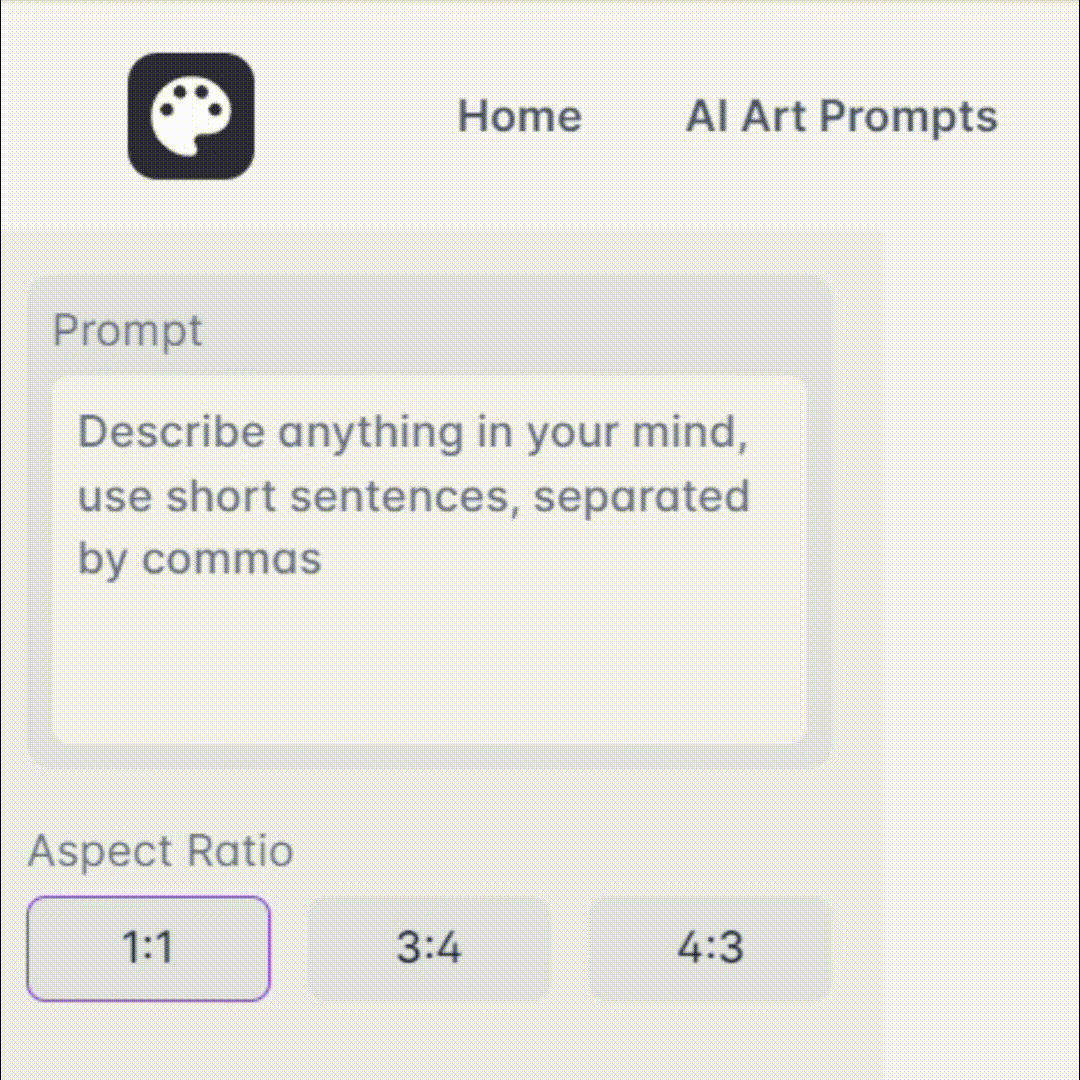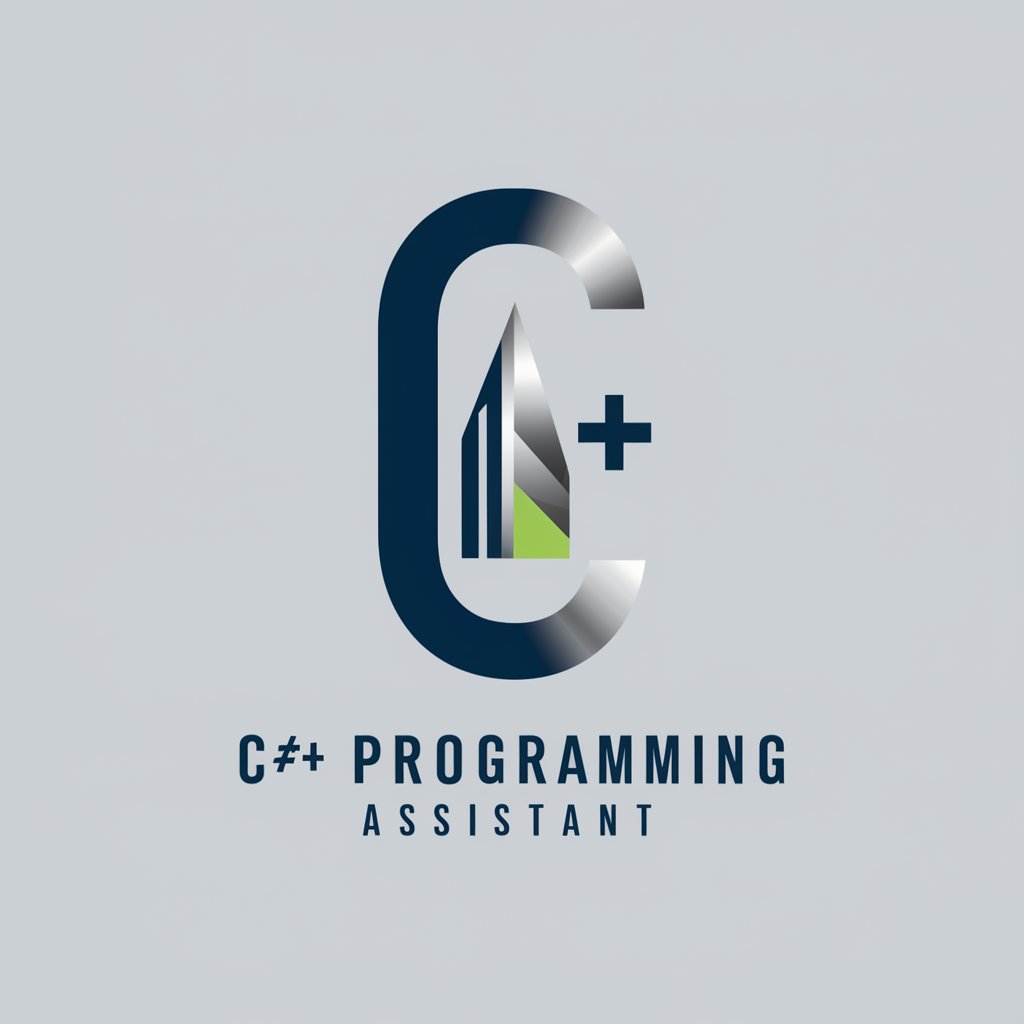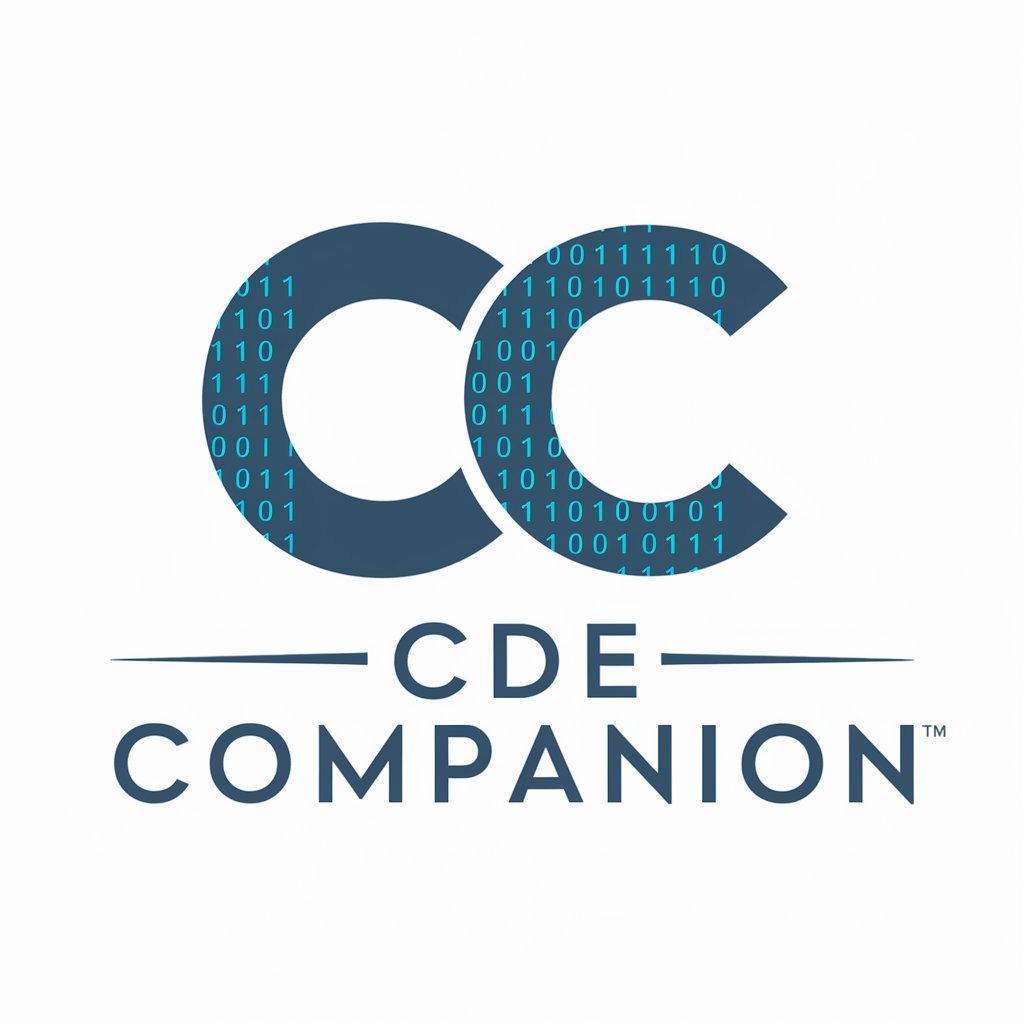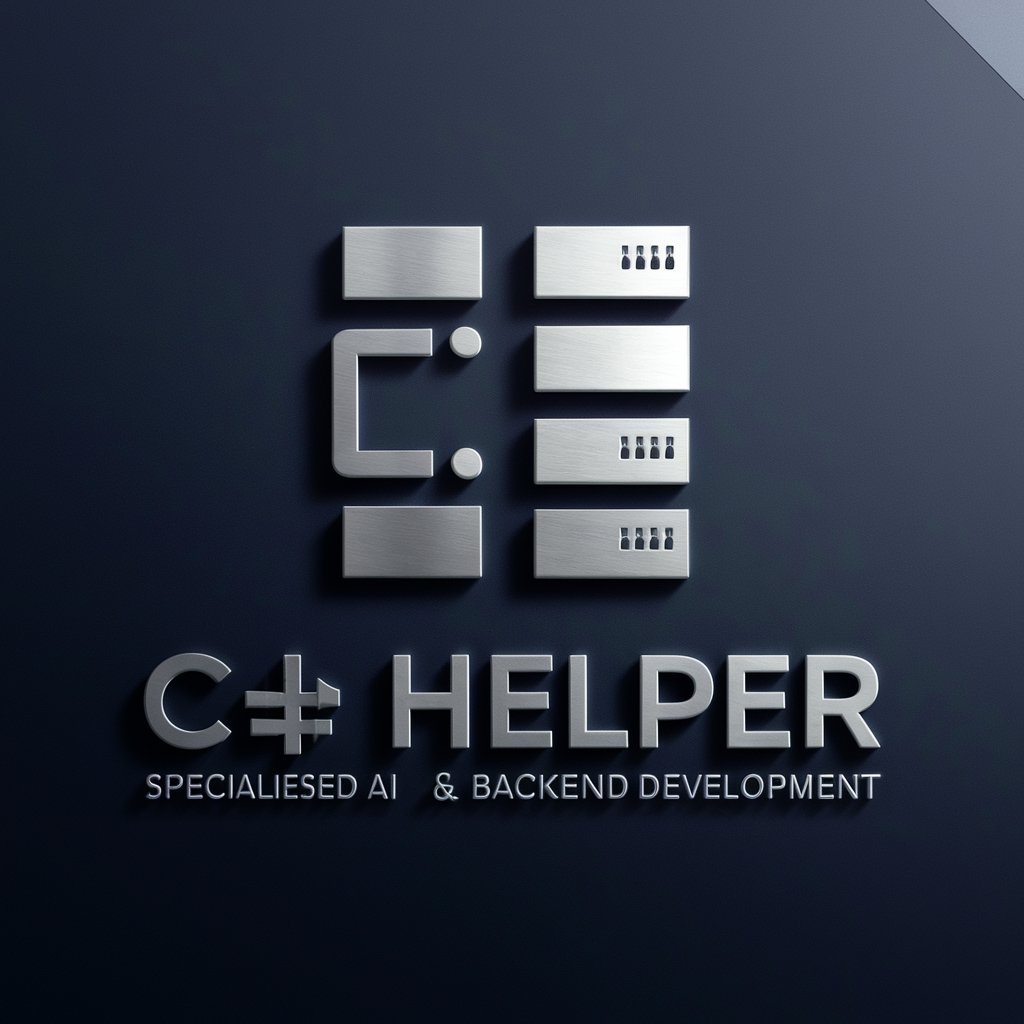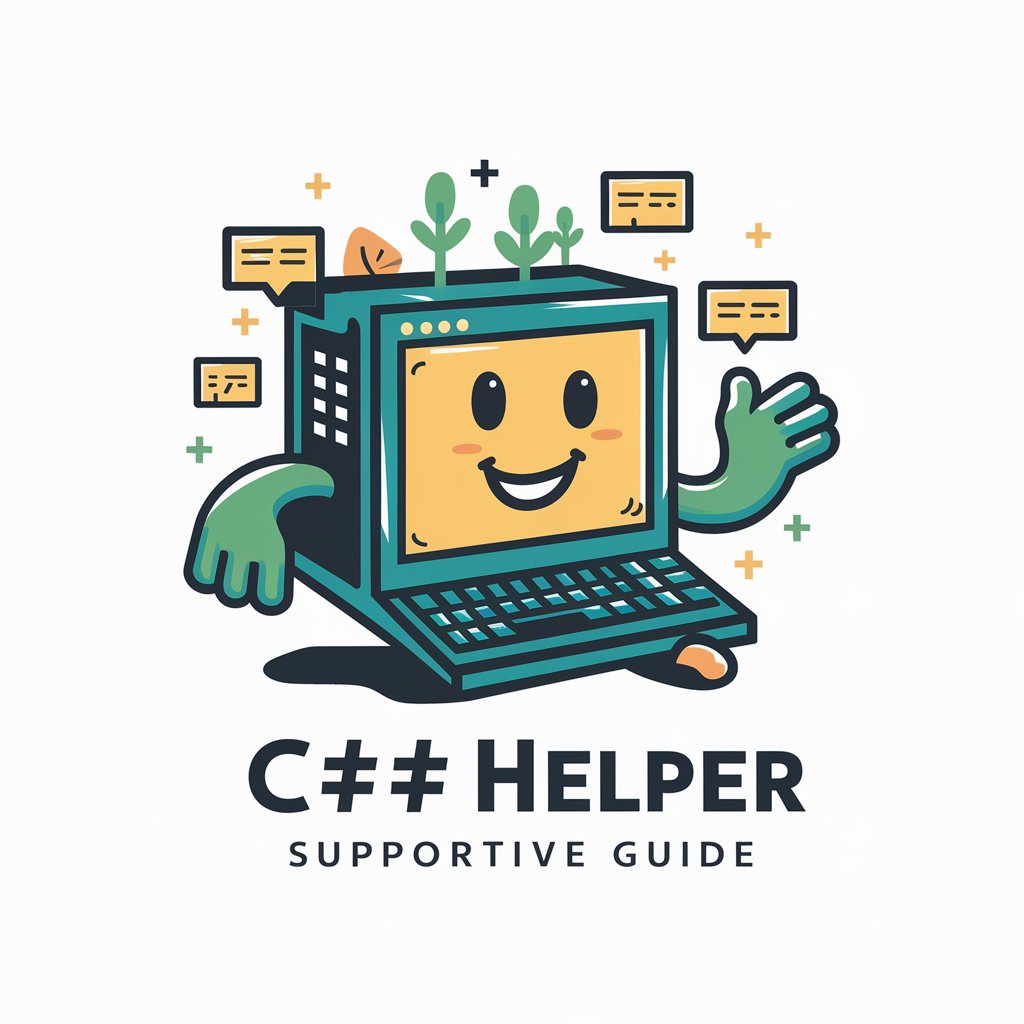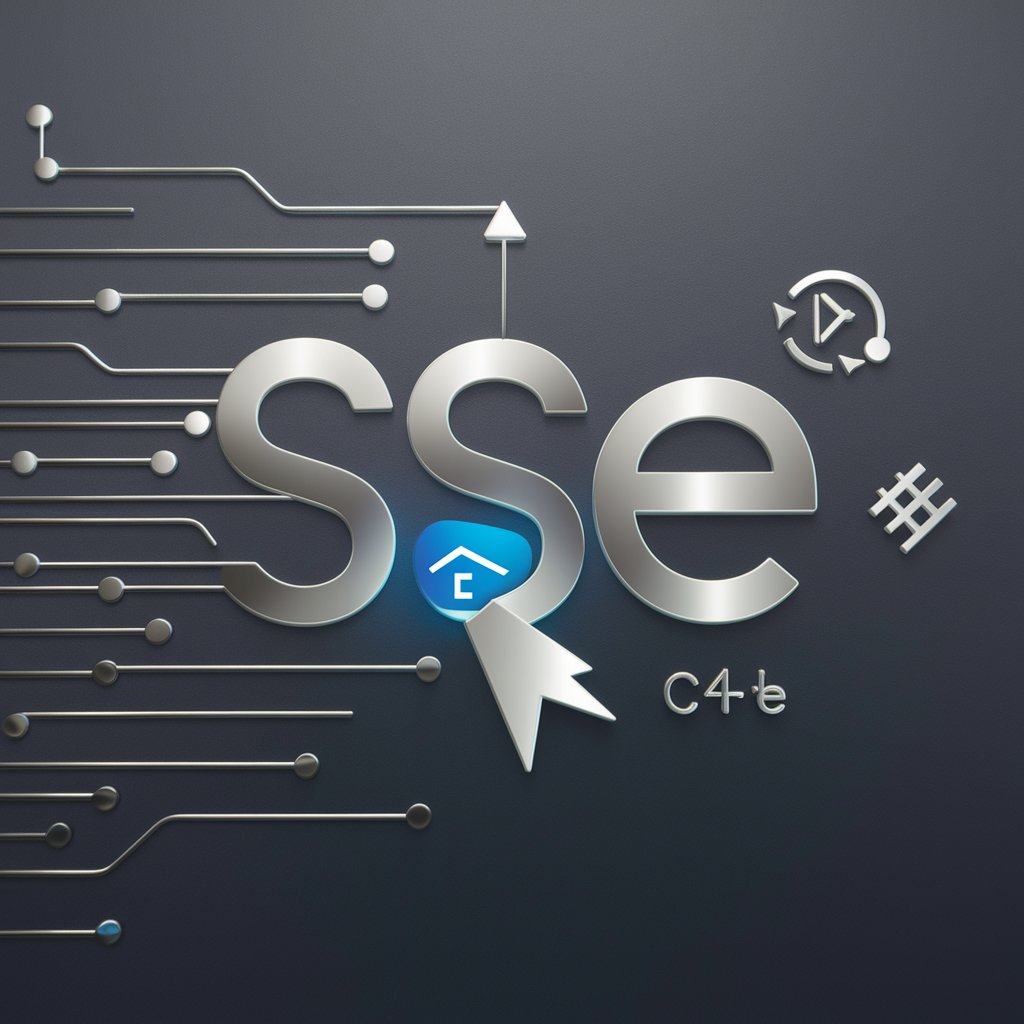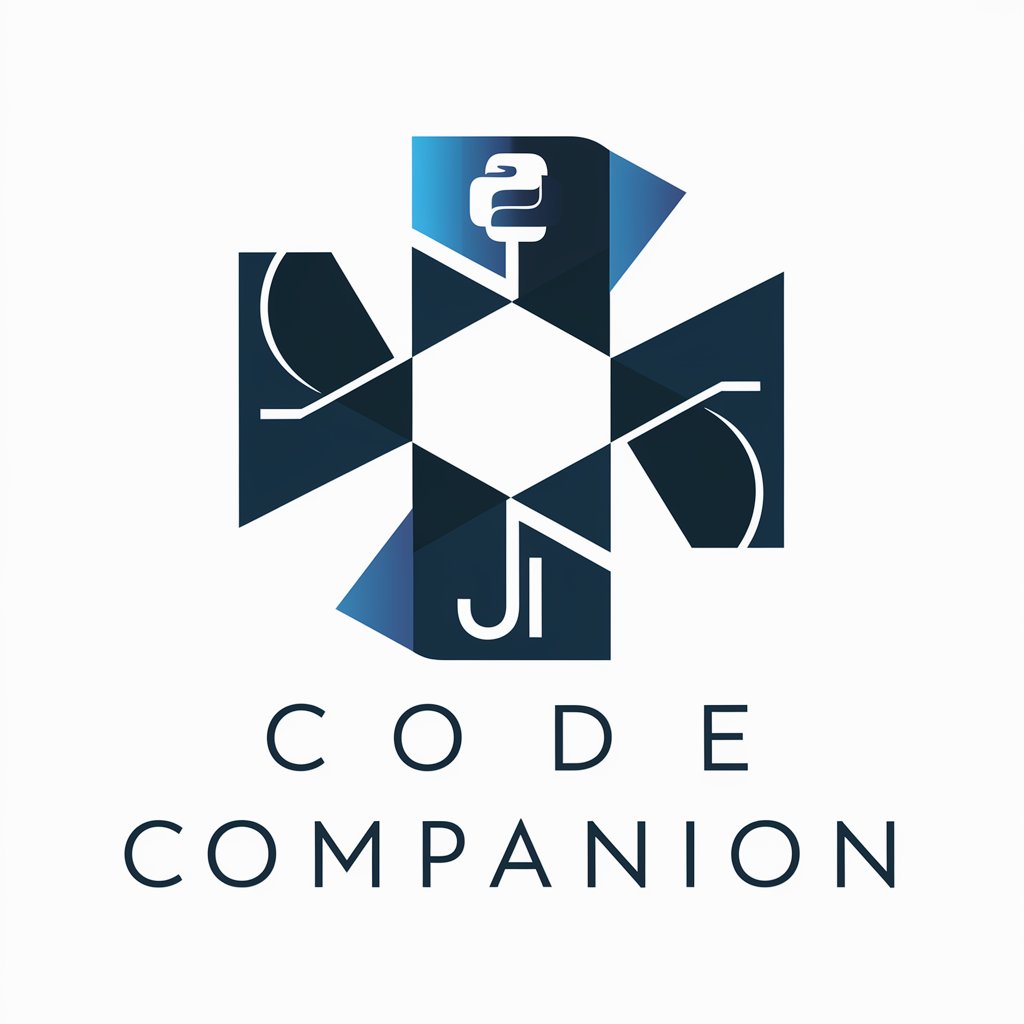
C# Code Companion - C# Programming Assistant

Welcome to your professional C# guide. How may I assist you?
Empowering your C# development with AI
Explain the concept of LINQ in C#
How do I use exception handling in C#?
Demonstrate a simple C# program with a for loop
What is polymorphism in C# and how is it implemented?
Get Embed Code
Overview of C# Code Companion
The C# Code Companion is designed as an authoritative resource for individuals seeking to deepen their understanding of the C# programming language. It offers detailed explanations on a wide array of C# concepts, ranging from fundamental syntax to more advanced programming topics. This companion is meticulously crafted to assist users in enhancing their coding skills by providing precise, in-depth insights accompanied by relevant code examples and outputs. Through its comprehensive coverage, it aims to serve as a reliable reference, guiding users through the complexities of C# programming and aiding in the resolution of programming challenges. Powered by ChatGPT-4o。

Core Functions of C# Code Companion
Syntax Explanation
Example
Explaining the syntax and use of loops in C#, such as `for`, `foreach`, `while`, and `do-while` loops, with examples demonstrating their practical applications.
Scenario
A user unfamiliar with iteration in C# might require a detailed breakdown of loop constructs to implement a program that processes collections of data.
Best Practices Guidance
Example
Providing recommendations on effective error handling in C# using try-catch blocks, including advice on custom exception classes and logging strategies.
Scenario
An intermediate developer seeks to improve the robustness and maintainability of their application by implementing industry-standard error handling techniques.
Advanced Topics Exploration
Example
Diving deep into asynchronous programming in C#, detailing the use of `async`, `await`, and the `Task` parallel library, complemented by examples showcasing how to enhance application responsiveness.
Scenario
A seasoned developer is looking to optimize a data-intensive application by implementing asynchronous operations to prevent UI blocking during long-running tasks.
Code Optimization Tips
Example
Offering strategies to optimize C# code performance, such as efficient memory management, use of `Span<T>` for slicing, and leveraging parallel processing with PLINQ.
Scenario
A developer is tasked with enhancing the performance of a legacy system and requires detailed guidance on optimizing existing C# code for better efficiency and speed.
Target User Groups for C# Code Companion
Beginner Programmers
Individuals new to programming or C# who seek a solid foundation in C# syntax, basic programming constructs, and simple project implementations. The C# Code Companion provides clear, step-by-step explanations and examples that are crucial for building initial programming skills.
Intermediate Developers
Developers with some experience in C# or other programming languages aiming to expand their knowledge into more complex C# features, such as LINQ, delegates, events, and asynchronous programming. The detailed guides and best practices offered can significantly enhance their coding proficiency and project complexity.
Advanced C# Practitioners
Experienced C# developers focusing on mastering high-level concepts, performance optimization, and design patterns. For these users, the C# Code Companion serves as an invaluable resource for deepening their expertise and staying updated with the latest C# advancements and techniques.
Educators and Trainers
Professionals teaching C# or computer programming who require comprehensive, accurate, and up-to-date material to support their curriculum. The structured explanations and examples can facilitate effective teaching and provide students with a reliable learning resource.

Guidelines for Using C# Code Companion
1
Navigate to yeschat.ai for an introductory experience without the necessity of logging in or subscribing to ChatGPT Plus.
2
Specify your query or the C# concept you need assistance with in the chat interface. Ensure clarity and detail for precise assistance.
3
Review the provided responses for comprehensive explanations, code examples, and insights tailored to your C# programming needs.
4
Utilize the option to ask follow-up questions for further clarification on complex topics or additional examples.
5
Apply the insights and code examples in your own programming projects, testing them within your development environment for practical understanding.
Try other advanced and practical GPTs
Urban Legend Creator
Craft eerie legends with AI

Ford Repair Manual
AI-Powered Ford Repair Insights

! DbD Strategist
Elevate Your Game with AI-Powered Strategies

SEO Keyword Explorer
Optimize your SEO strategy with AI

Worldly Whisperer
Bringing Objects to Life with AI

Weather Advisor
AI-Powered Weather Insights at Your Fingertips

Memory Keeper🧠
Preserving Memories with AI
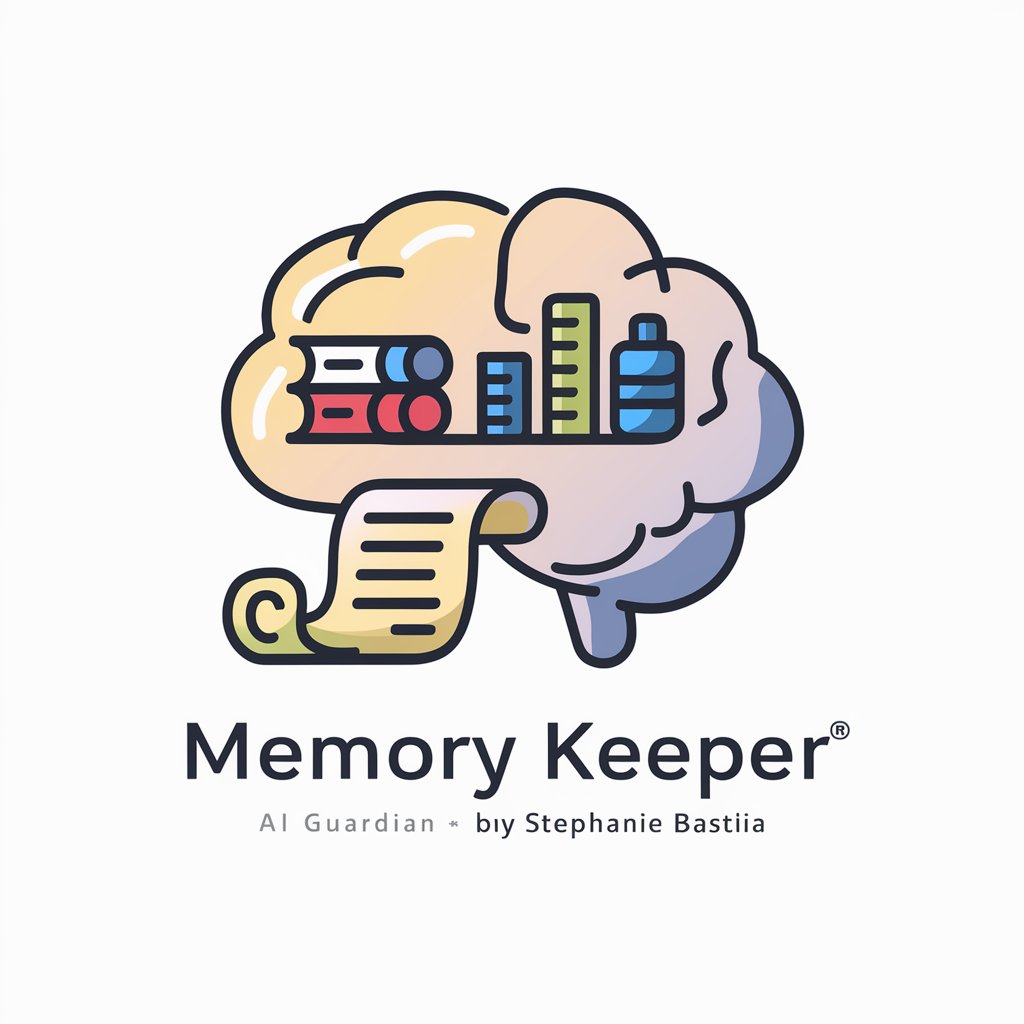
Triad Master
Empowering Writers with AI-Powered Triadic Techniques

PUBG Strategist
Elevate Your Game with AI-Powered PUBG Insights

Project Guide
Empowering projects with AI-driven guidance.

مستشارك
Empowering Decisions with AI

International Food and Culinary Culture Expert
Explore the world's flavors, powered by AI

Frequently Asked Questions about C# Code Companion
What types of C# programming queries can C# Code Companion assist with?
C# Code Companion can assist with a wide range of C# programming queries, from basic syntax and data types to advanced topics such as asynchronous programming, LINQ, and design patterns. It also provides guidance on best practices and debugging techniques.
Can C# Code Companion provide real code examples?
Yes, it offers real, executable C# code examples to illustrate concepts, demonstrate how to solve specific problems, and provide clear guidance on implementing functionality in your projects.
How current is the information provided by C# Code Companion?
C# Code Companion's knowledge is based on the latest C# version and includes recent developments in the language, ensuring you receive up-to-date information and code examples.
Can I use C# Code Companion for learning C# from scratch?
Absolutely. It is designed to cater to both beginners and experienced developers, providing foundational knowledge for newcomers and deep dives into complex topics for advanced users.
Is there a limit to how often I can use C# Code Companion?
No, there is no limit. You are encouraged to use it as often as needed to explore different aspects of C# programming, understand complex concepts, and refine your coding skills.
